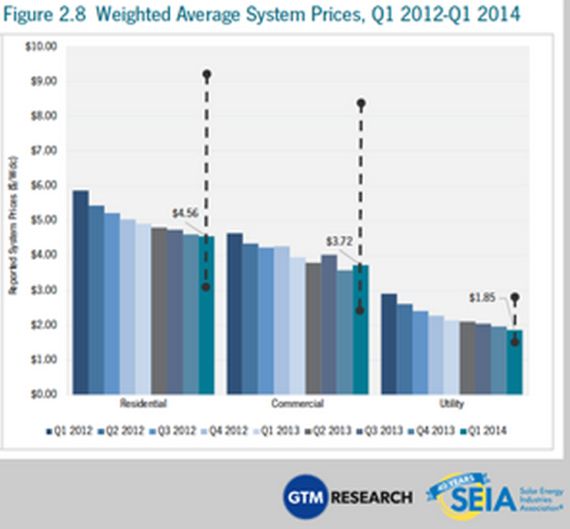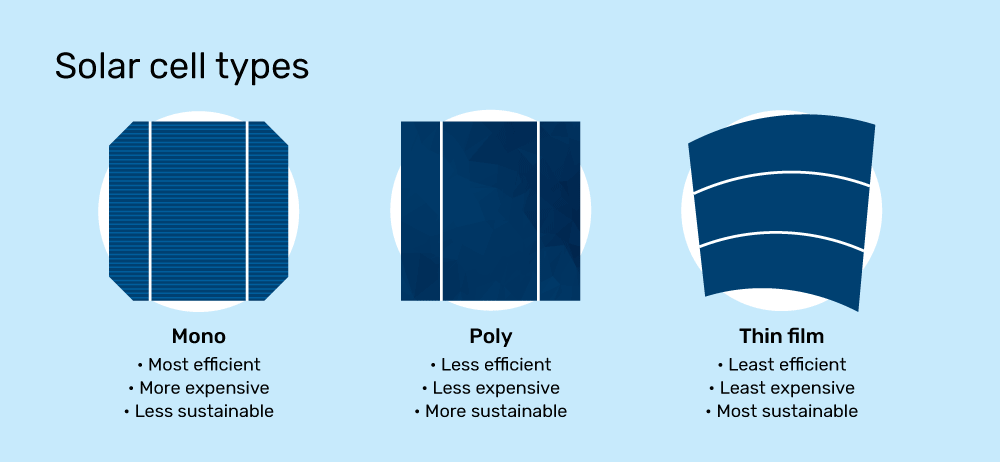
Climate change is a global problem. Every country contributes to global warming. But some countries contribute significantly more emissions than others. While the least-emitting countries produce only 3 percent of global emissions, the top 10 countries produce 68 per cent. It is important that all countries take steps to reduce global warming. However, it is particularly important that the top 10 emitting countries take the lead.
Environmental impacts of fossil fuels
There are many pollutants that result from fossil fuel combustion, such as sulfur dioxide, nitrogen oxides and particulate material, carbon monoxide and mercury. These air pollutants are harmful to human health and cause diseases like asthma and cancer. Fossil fuel pollution also damages crops, water supplies, and causes acid rain. Fossil fuel pollution is responsible worldwide for 1 in 5 deaths. America's leading source of air pollution is from fossil fuel combustion. According to estimates, fossil fuel combustion accounts for approximately 85% of all nitrogen oxide and sulfur dioxide emissions.
Fossil fuels are responsible for 80 percent of the world's primary energy demand, and they are also the biggest source of CO2 emission. These emissions are being undercounted and may be even greater than previously believed. Additionally, small-scale heating and cooking with biomass fuels is inefficient and polluting. It also impacts indoor air quality in many developing countries. These factors make the use fossil fuels concerning when we consider the future of sustainable development.
Public support of renewable energy
In recent years, public support for renewable energies has increased but not at a similar rate to climate change acceptance. Overall support for renewable energy is higher than for climate change, but the contrast between the two views is greater in conservative regions. This finding is not yet conclusive, but it has implications for renewable energy proponents in conservative regions.

Younger Americans are more open to renewable energy development. However, low support remains for expanded exploration of oil and other fossil fuels. Only 79 percent of respondents agree that the United States should increase oil production. However, less than a quarter support more drilling.
Mitigation options
There are many mitigation options that can be used to reduce climate change. These strategies concentrate on consumer choices and technology adoption. These strategies are distinct from supply-side solutions, which aim to modify production technologies. The key is to find solutions which are both synergistic, and that minimize costs.
Carbon pricing is one the most important climate policies. It could help accelerate the development and commercialization of clean technologies. To reduce global GHG emissions by half, a price of $100 per tonne of CO2 is necessary.
Human activity as the main driver of climate change
Human activity has dramatically increased the atmospheric concentration of greenhouse gases since the Industrial Revolution. Carbon dioxide is the main cause of climate change, but other greenhouse gases are also contributing to it. Despite the fact we have been on Earth for thousands of years, our understanding of the impact of our activities is still limited.
Fossil fuels were a major source to greenhouse gases. The high levels of carbon dioxide found in fossil fuels (especially coal) is a major reason for greenhouse gas emissions. They are the primary energy source for the global economy. While each fuel has a different carbon content, coal is the most prevalent. Inefficient traditional non-commercial fuels are also a major source of greenhouse gases. About a fifth of current carbon dioxide emission is due to tropical deforestation. However, this contribution is expected to diminish relative to fossil fuel emissions in the future.

Education has an impact on public opinion
Education generally has an impact on public opinions on climate change. The effect of education is less prominent in Republicans. The relationship between education and support of renewable energy and ACC also is less pronounced for northeast Oregon, which has a weak education effect.
As the UNESCO website notes, "Investing in knowledge pays the best interest." In addition, UNESCO believes that education is a critical factor in curbing global climate change. The organization has endorsed various initiatives to increase public awareness of climate change, including the 17 Sustainable Development Goals.